Taaro — Technical Alliance for
AT & Rehabilitation Oceania
Access to assistive technology and rehabilitation is essential for an inclusive Oceania.
Taaro is a team of allied health and public health professionals working together to support access to assistive technology (AT) and rehabilitation services.
We understand that access to AT and rehabilitation is a human right — everyone deserves access to the services, tools and support they need.
We align with Pacific Leaders’ vision of a resilient and inclusive Pacific Region where all people can live free, healthy and productive lives.
Supporting equitable access to assistive technology and rehabilitation across Oceania.
Supporting Mobility, Hearing & Vision Services.
Taaro works in a partnership model - there are many actors in the alongside service providers, researchers, and policymakers, to create sustainable, accessible services that ensure people in Oceania can:
Move around easily: Access wheelchairs, prostheses & orthoses, and mobility aids.
Communicate well: Use hearing devices and other tools to connect with others.
See clearly: Access glasses and vision aids.
We do this by working with communities and development partners, complimenting Pacific leadership to design, strengthen and expand services that meet the needs of Pacific community.
Ready to Partner Across Oceania, including:
Cook Islands, Federated States of Micronesia, Fiji, Kiribati, Marshall Islands, Nauru, Niue, Papua New Guinea, Palau, Samoa, Solomon Islands, Tokelau, Tonga, Tuvalu, and Vanuatu.
Spotlight on Allied Health:
The Specialised Workforce Connecting Health, Aged Care, Mental Health, Disability, Assistive Technology & Rehabilitation.
Allied health professionals play an important role in health, disability, aged care, and mental health services—helping people move, communicate, and live independently. This includes physiotherapists, occupational therapists, psychologists, speech and language therapists, prosthetist/orthotists, audiologists, optometrists, and more.
Allied health work at all levels of health care, including hospitals, provincial clinics, and communities, often alongside allied health assistants, to provide specialised care.
But in many parts of the world, especially in rural and lower-income areas, there aren’t enough allied health professionals to meet the growing demand. Outdated funding systems and workforce shortages make it even harder for people to access the care they need.
Investing in an allied health workforce is essential to making rehabilitation & AT services available to everyone, no matter where they live.


